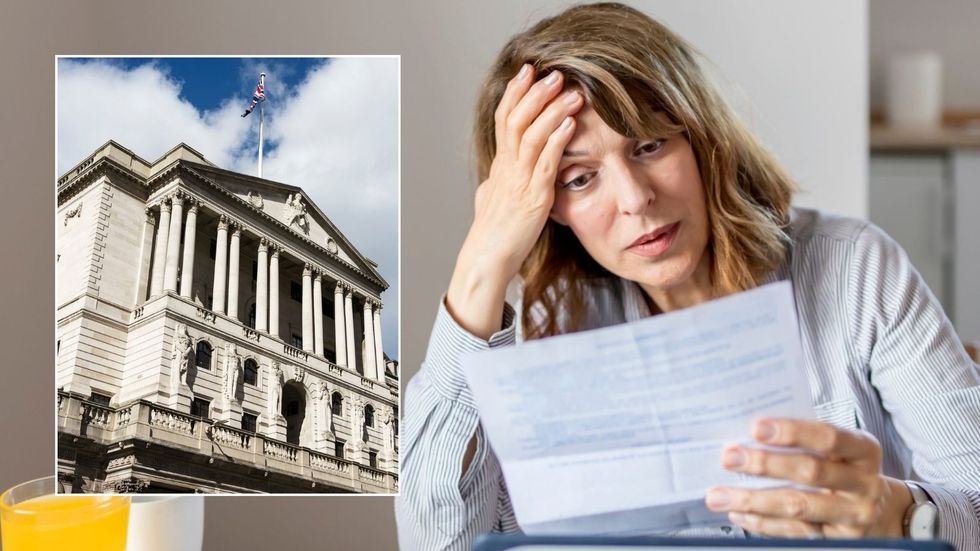Chancellor Rachel Reeves “could still be dependent on raising levies” in next week’s Budget despite an income tax hike being reportedly off the table.
October’s consumer price index (CPI) inflation figures showed a modest decline, with financial experts suggesting the economic data will not significantly alter the Treasury’s planning.
Wealth management firm Rathbones characterised the latest inflation report as relatively benign, indicating that major decisions have already been finalised ahead of the fiscal announcement.
John Wyn-Evans, Rathbones’ head of Market Analysis, stated: “The die is cast. There is nothing of note now and November 26. After what feels like months of speculation, we are now at the sharp end.

Rachel Reeves could still be ‘dependent on raising levies’ despite an income tax hike being unlikely in next week’s Budget
|
GETTY / OA
“Now, conversely, the Chancellor’s decisions next week will shape the inflation outlook and the Bank of England’s next move.”
The UK’s inflation rate dropped to 3.6 per cent from 3.8 per cent, marginally higher than the 3.5 per cent market consensus had anticipated.
Services inflation, a particular concern for policymakers, decreased to 4.5 per cent from 4.7 per cent.
The Government’s recent abandonment of planned income tax increases has created fresh complications.

The Bank of England is expected to make a base rate cut in December
|
GETTYMr Wyn-Evans warned: “By abandoning the idea of raising income taxes, the Chancellor could still be more dependent upon raising levies that increase inflation, such as taxes on any sort of consumption.”
This shift in tax strategy means the Bank of England will likely withhold judgement until Budget details emerge.
Market expectations for a December interest rate cut have nonetheless surged to 86 per cent from just 20 per cent a month ago.
Meanwhile, concerns about retirement savings are intensifying due to ongoing speculation about pension policy changes.
Alexandra Loydon, the group advice director at St. James’s Place, cautioned: “Constant changes to pension rules undermine the very goal the Government and regulators are pushing for boosting long-term investing and closing the UK’s investment gap.”
She highlighted that uncertainty surrounding potential restrictions to salary sacrifice schemes could deter retirement contributions when encouragement is most needed.
Ms Loydon added: “We’ve also seen how speculation around tax-free cash can push people into withdrawing money unnecessarily, often against their long-term interests.
“Rumours and uncertainty can be just as damaging as actual policy changes.”

How has inflation changed in recent months?
|
ONS
The importance of professional guidance becomes clear from St. James’s Place research showing stark differences in financial outcomes.
Their data reveals that 85 per cent of individuals receiving professional advice report being ahead of schedule or meeting their savings and investment targets, while only 65 per cent of those managing independently achieve similar results.
Ms Loydon emphasised: “Setting clear goals and building a plan helps people cut through noise and speculation and gives them the confidence to make decisions based on what’s right for their long-term future.”
Sterling’s stability following the inflation announcement suggests investors remain cautiously optimistic, though all attention now turns to next week’s Budget revelations.

